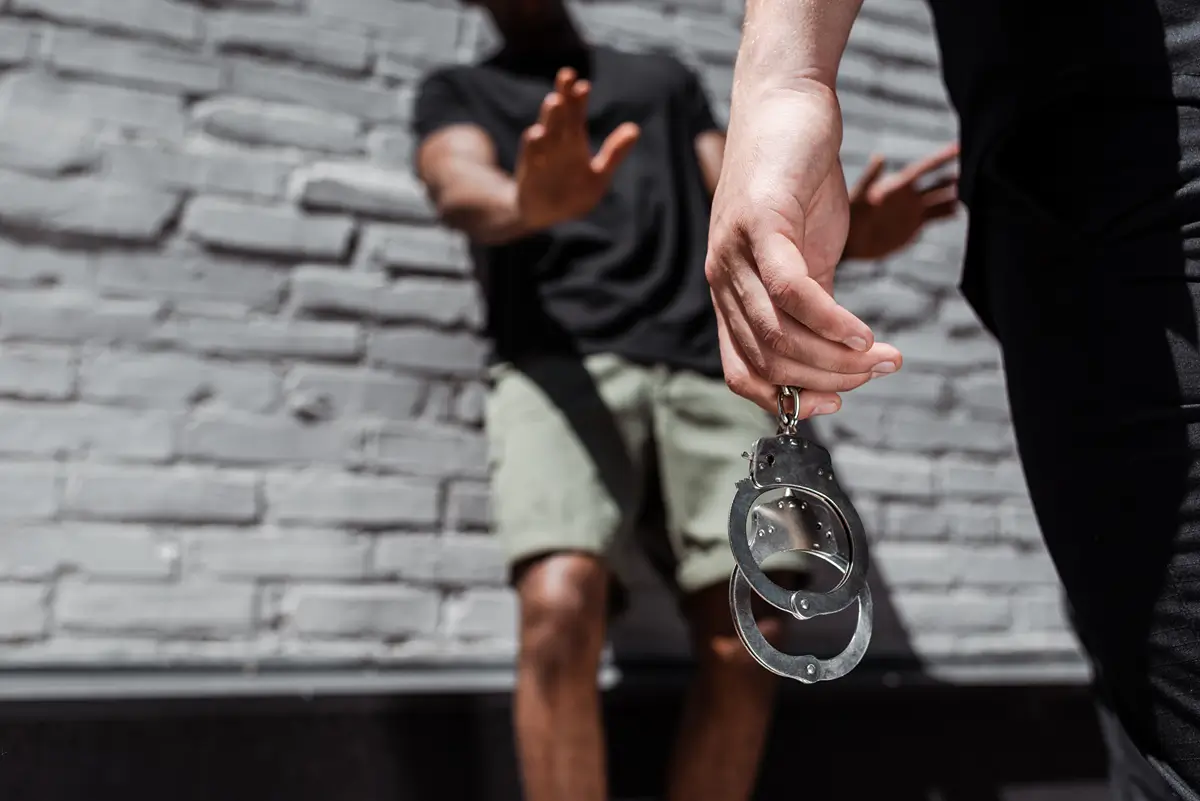It is the common refrain from many criminal defendants who have found themselves caught up in a police sting or undercover operation: “I was set up!!” Last year’s Academy Award-nominated movie “American Hustle” was all about being “set up’; it was a take on the FBI’s “Abscam” operation in the late-1970s, where undercover agents and those working with them caught a number of U.S. elected officials taking what they thought were bribes. Whether called a “sting” or “set-up,” law enforcement officials regularly engage in activities where they actively create or participate in scenarios designed to get a suspect to commit a criminal act.
When individuals are charged with offences involving such operations, they may assert that they were a victim of “entrapment” and as such the charges or conviction should be set aside. However, not all, and in fact not most, law enforcement actions in this vein will be deemed to be entrapment.
Entrapment Defined
“Entrapment” is specifically identified in the Indiana Criminal Code as an affirmative defense to criminal charges. IC 35-41-3-9 provides that a defendant can raise and show entrapment as a defense if:
- the prohibited conduct of the person was the product of a law enforcement officer, or his agent, using persuasion or other means likely to cause the person to engage in the conduct; and
- the person was not predisposed to commit the offense.
An important limitation to the defense is set forth in the second part of this code section:
- Conduct merely affording a person an opportunity to commit the offense does not constitute entrapment.
Defendant’s “Predisposition” to Commit the Crime is Key
Indiana courts have emphasized that a valid entrapment defense “turns on the defendant’s state of mind, or whether the criminal intent originated with the defendant. Ferge v. State, 764 N.E.2d 268, 270 (Ind.Ct. App. 2002). A court will use the following factors to determine whether a defendant was predisposed to commit the charged crime:
- the character or reputation of the defendant;
- whether the suggestion of criminal activity was originally made by the government;
- whether the defendant was engaged in criminal activity for profit;
- whether the defendant evidenced reluctance to commit the offense, overcome by government persuasion; and
- the nature of the inducement or persuasion offered by the government. Id.
Dockery v. State, 644 N.E.2d 573, 578 (Ind. 1994).
Once the entrapment defense is raised, the State then bears the burden of showing that the defendant was predisposed to commit the crime beyond a reasonable doubt.
There is no doubt that police and law enforcement conducting stings or undercover operations sometimes cross the line between presenting an opportunity to commit a crime and essentially bullying someone into committing a crime. But it is important to understand that courts will give police sufficient leeway to conduct undercover operations, and being “set-up” in the sense of active police participation alone won’t necessarily get you a successful entrapment defense. The foregoing factors that courts use in their evaluation of an entrapment defense will turn on the details of the interactions between the police and the background of the individual defendant.
If you’ve been charged with a crime arising out of a police undercover operation, it is important that you meet with an experienced Indiana criminal defence attorney who can help determine whether or not the authorities overstepped their bounds.
The laws governing legal advertising in the state of Indiana require the following statement in any publication of this kind: “THIS IS AN ADVERTISEMENT.” This website is designed for general information only. The information presented at this site should not be construed to be formal legal advice, nor the formation of a lawyer/client relationship.






